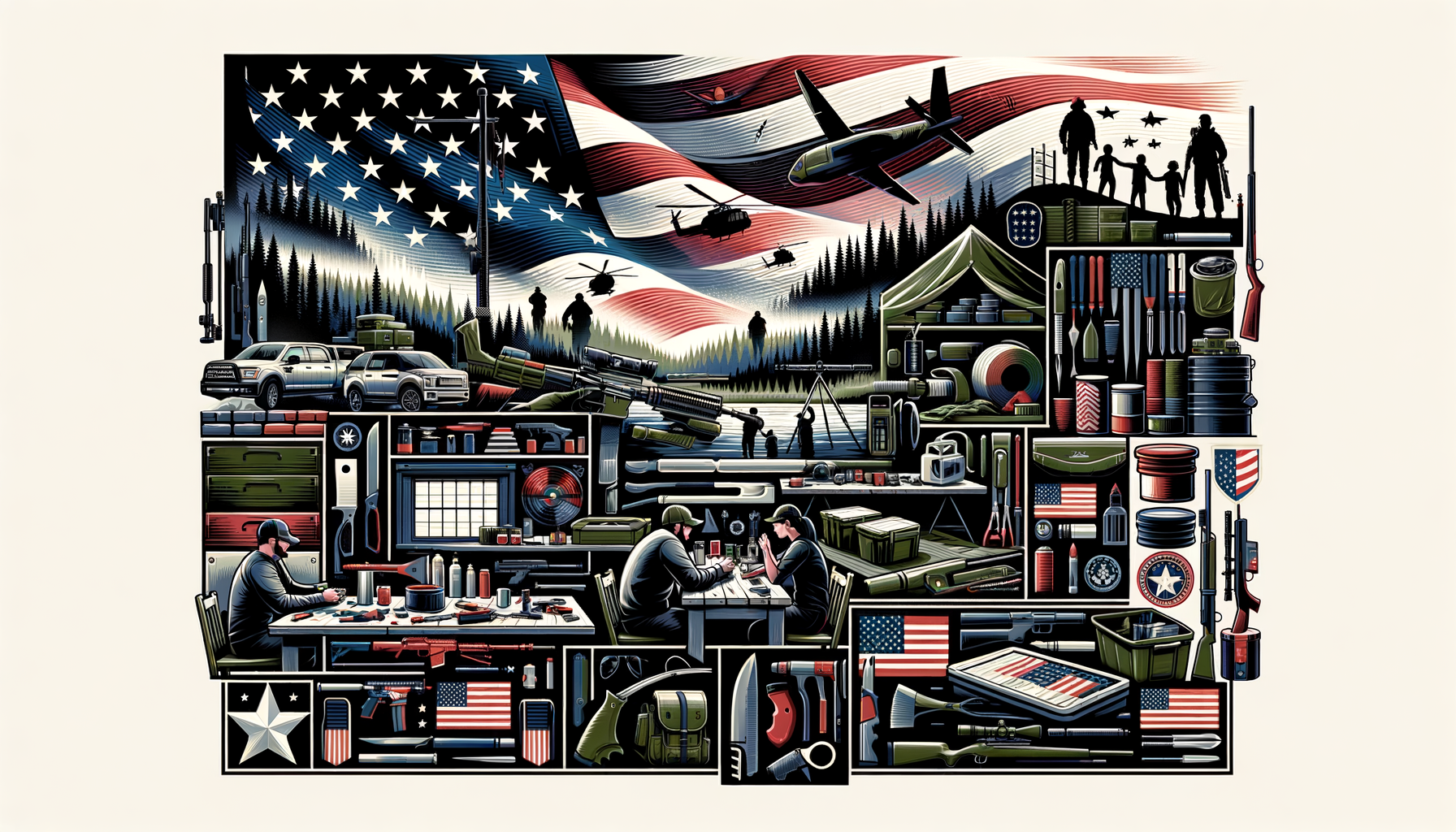What Might Happen If There Were No Second Amendment?

The Second Amendment to the United States Constitution has long been a cornerstone of American freedoms. It provides citizens with the right to bear arms—a freedom that many believe is essential for personal protection, hunting, and safeguarding liberties. What might happen if there were no Second Amendment? Let’s explore this hypothetical situation, examining its potential impact on personal safety, law enforcement, and gun ownership culture.
Understanding the Second Amendment
The Second Amendment states, “A well regulated Militia, being necessary to the security of a free State, the right of the people to keep and bear Arms, shall not be infringed.” This 27-word statement has sparked debate for centuries, with many interpreting it as a protection against tyranny and a guarantee of individual firearm ownership. Without it, the legal recognition of these rights could change dramatically.
Impacts on Personal Safety
One of the most immediate concerns would involve personal safety. Firearms are commonly used by law-abiding citizens for self-defense. According to studies, defensive gun use occurs hundreds of thousands of times annually, often preventing crimes before law enforcement can arrive. Without the Second Amendment, stricter gun control laws could limit access to firearms, leaving individuals more vulnerable to violent crime.
Here’s what might change:
- Fewer citizens may be able to obtain guns legally, reducing their ability to defend themselves.
- The black market for firearms could grow, as people seek alternative ways to arm themselves.
- Criminals, who often don’t follow gun laws, may feel emboldened by knowing their targets are unarmed.
Effects on Law Enforcement
Law enforcement agencies rely heavily on armed civilians to assist in maintaining public safety. Some officers view responsible gun owners as allies in emergency situations, particularly in rural areas where police response times may be longer. Without the Second Amendment, this dynamic could shift significantly.
This scenario might lead to:
- Increased reliance on police forces, which could strain existing resources.
- Longer response times for emergencies as the public grows increasingly dependent on law enforcement.
- Greater pressure on lawmakers and municipalities to increase police funding, potentially leading to higher taxes.
The Cultural Shift Around Gun Ownership
For many Americans, owning a firearm goes beyond protection—it symbolizes independence and self-reliance. The U.S. has a long tradition of firearm use for hunting and sport shooting. Removing the Second Amendment could create a cultural shift, leading to fewer individuals viewing firearms as an integral part of their lifestyle.
Consider these potential cultural changes:
- Gun-related sports and hunting might decline, impacting industries that rely on firearm sales.
- Younger generations could grow up with limited exposure to responsible gun ownership.
- Public perception of firearms might change, with growing stigmatization of even legal gun owners.
Legal and Economic Ramifications
Without the Second Amendment, Congress and state governments could impose significant restrictions or bans on firearms. This could lead to extensive legal battles, as firearm owners and associations challenge these laws in court. Additionally, the economic impact of diminished gun sales might ripple through related industries.
Some potential consequences include:
- Job losses in manufacturing, retail, and outdoor recreation industries that depend on firearm sales.
- An uptick in underground gun transactions, complicating law enforcement efforts to track weapons.
- Litigation costs for pro-gun organizations, which may strain their resources.
Historical Lessons
History provides numerous examples of governments disarming their citizens, often leading to unintended consequences. Nations that have imposed strict gun control measures sometimes see spikes in violent crime, as criminals face reduced resistance from the public. Additionally, disarmament in the past has occasionally preceded authoritarian regimes, leaving populations unable to safeguard their freedoms.
What Can Gun Owners Do?
So, what can be done to preserve the right to bear arms? Here are a few steps gun owners and enthusiasts can take:
- Stay Informed: Keep up with federal, state, and local legislation that may affect your firearm rights.
- Engage Politically: Vote for representatives who support the Second Amendment and consider joining pro-gun organizations that advocate for these rights.
- Promote Responsible Ownership: Encourage education and training to ensure safe and responsible firearm use.
- Build Community: Connect with others who share your views, fostering a culture of responsible gun ownership.
Final Thoughts
The absence of the Second Amendment would likely lead to significant changes in personal safety, law enforcement dynamics, and American culture. While this is merely a hypothetical scenario, it underscores the profound impact the Second Amendment has on everyday life in the United States. By understanding these potential implications, we can better advocate for its preservation, ensuring that future generations continue to enjoy the freedoms it protects.
If you value responsible firearm ownership and want to learn more about protecting your rights, explore the resources available on our website. Together, we can help safeguard the freedoms that have defined America for generations.



